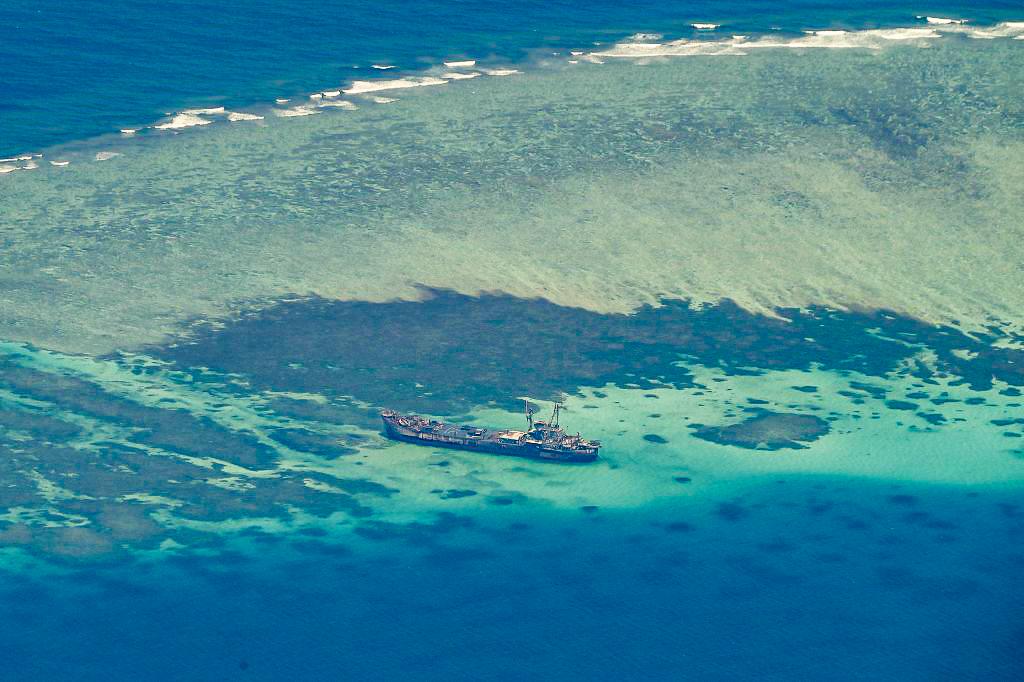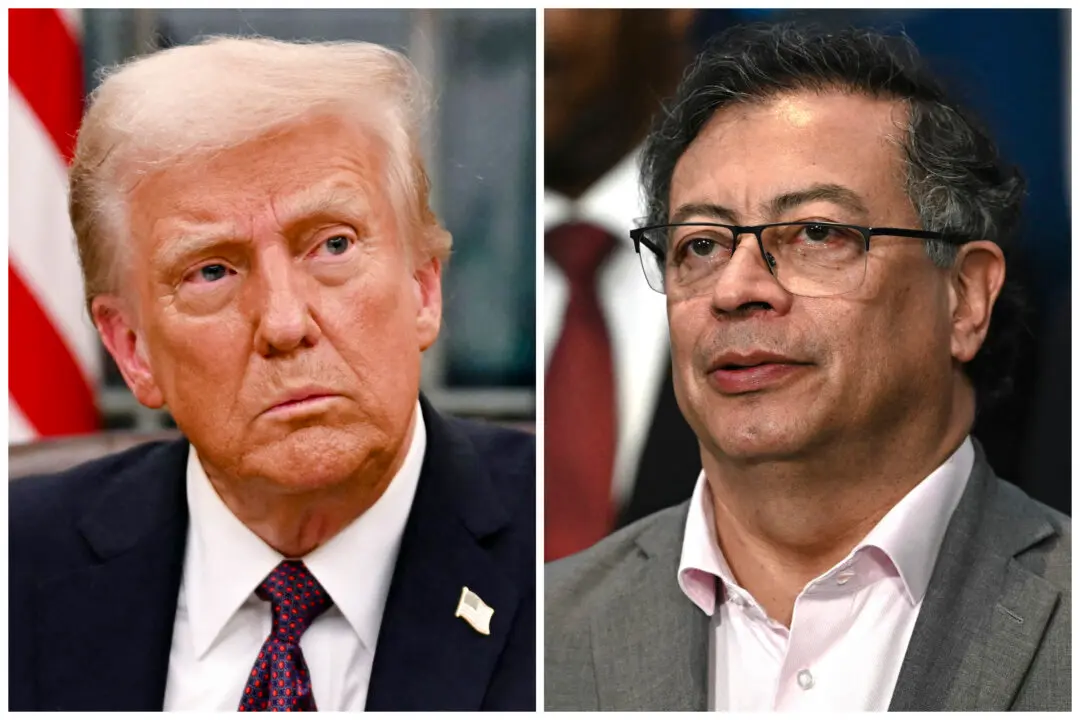Filipino officials have accused diplomats at the Chinese Embassy of spreading disinformation and secretly recording conversations between officials about the South China Sea, saying that those responsible must be expelled from the Philippines immediately.
Philippines National Security Adviser Secretary Eduardo M. Año said in a Friday statement that he was joining Philippine Coast Guard (PCG) spokesperson for the West Philippine Sea, Commodore Jay Tarriela, in calling for “appropriate actions against individuals in the Chinese Embassy” who they accuse of leaking “spurious transcripts or recordings of purported conversations” between Filipino officials—specifically between a Chinese diplomat and allegedly the head of the Armed Forces of the Philippines–Western Command (AFP-WESCOM).





